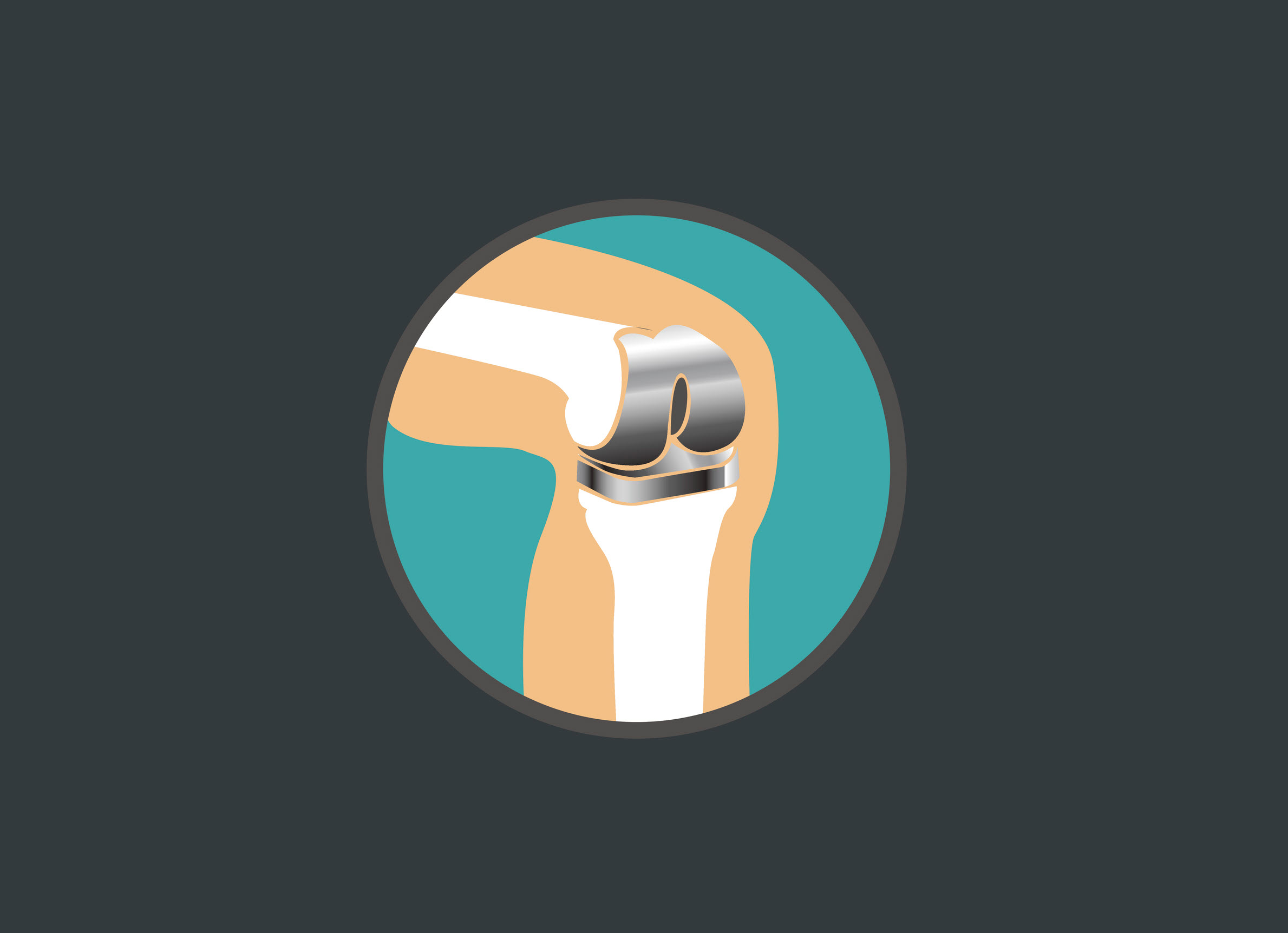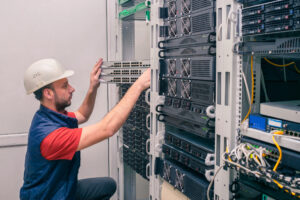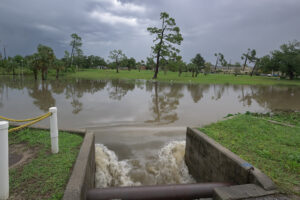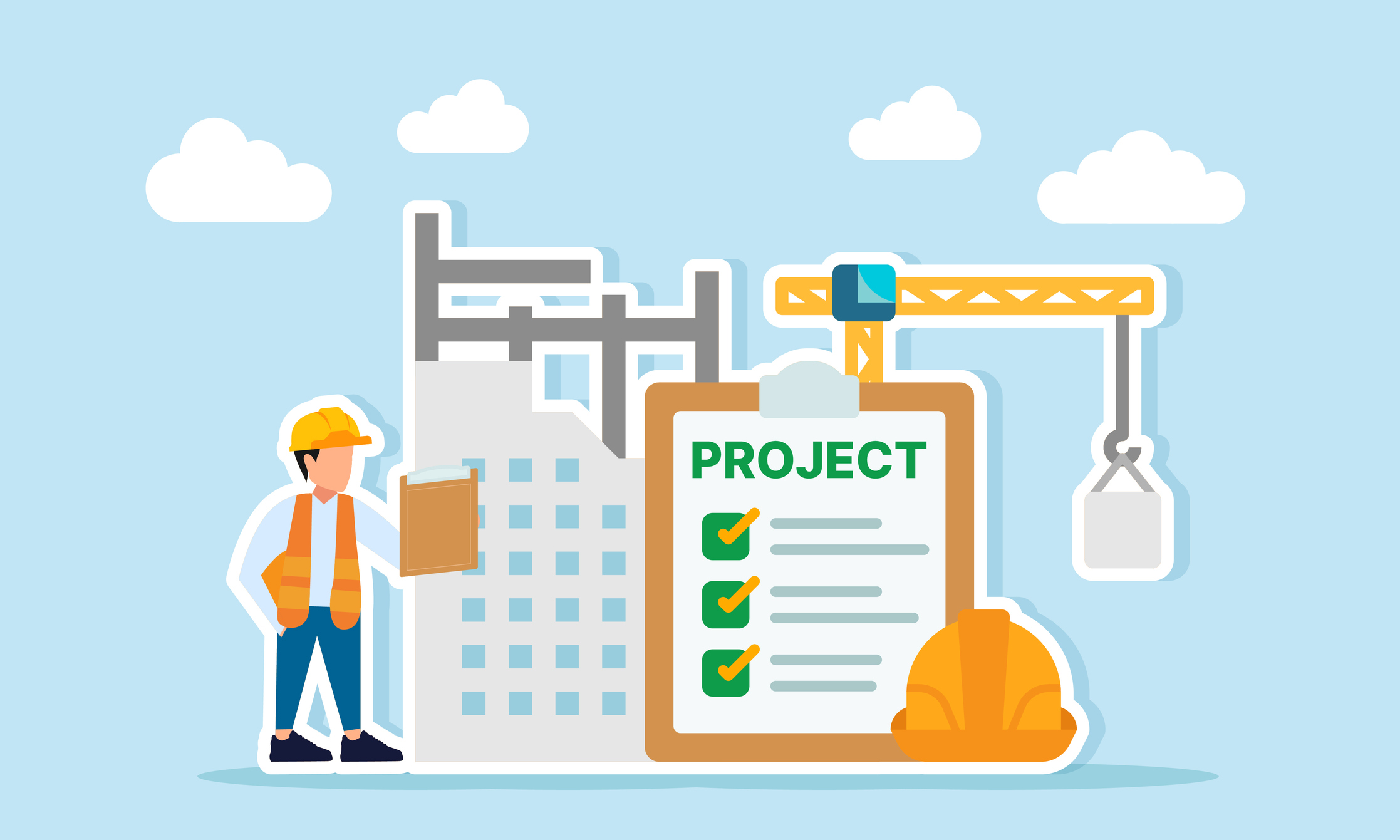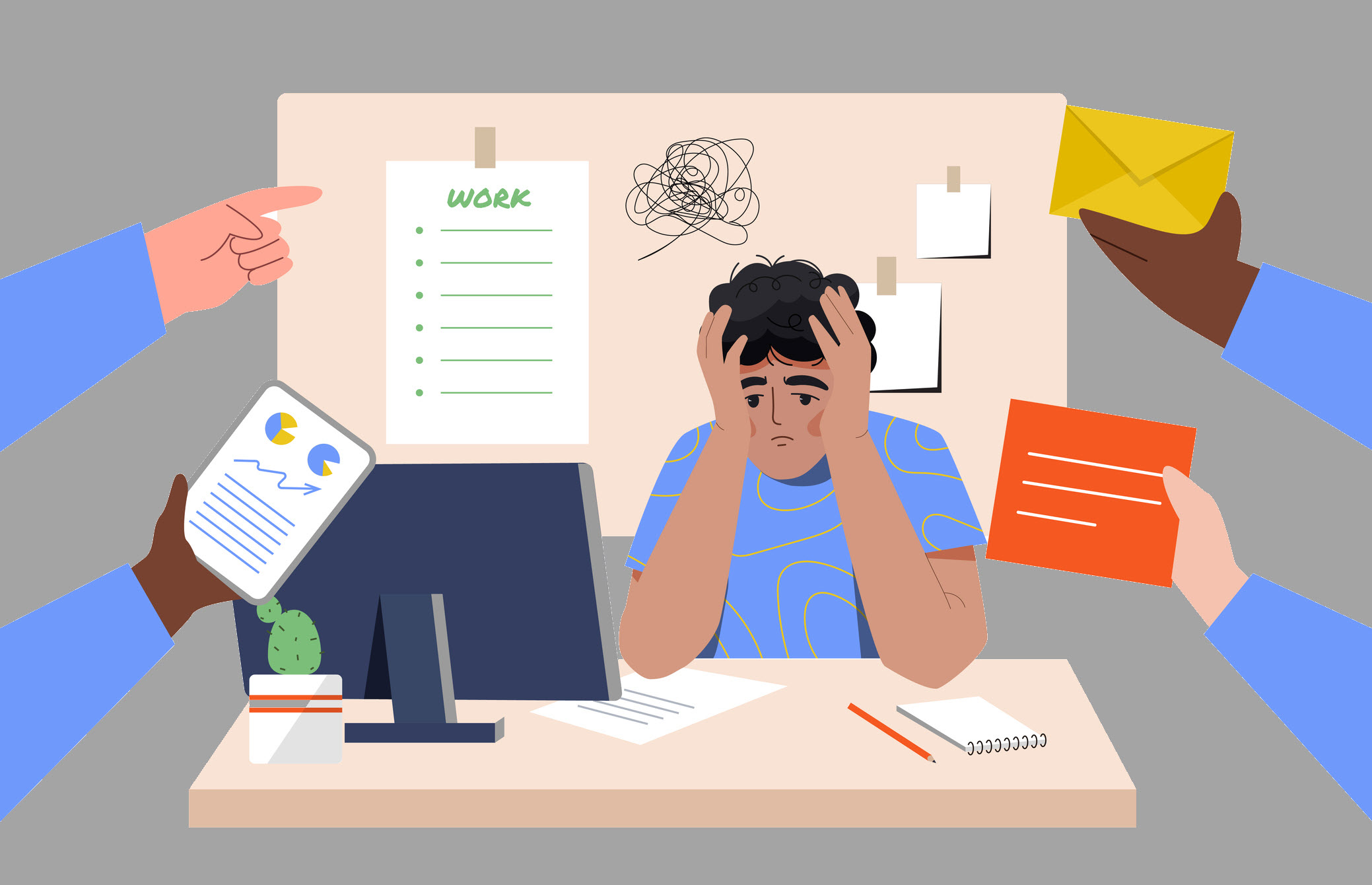Preparing Your Facilities for Student Arrival in the 2024-25 School Year
The summer months are the best time to perform maintenance to start the school year with facilities in working order. If your school still has unaddressed concerns, now is the time to evaluate and review those risks in addition to revising your risk management approach to them.
August 13, 2024
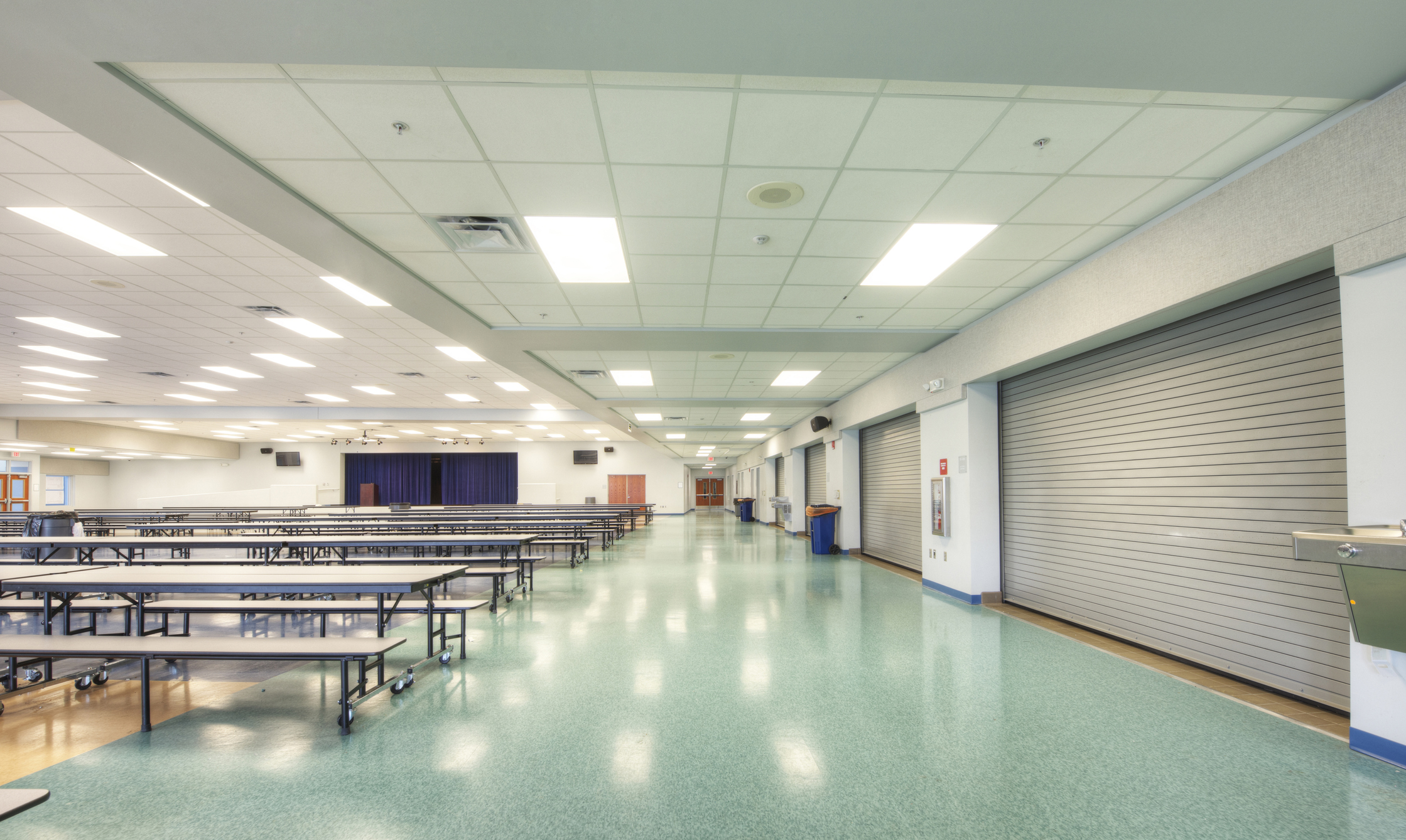
Facilities left in disrepair at the start of a school year can lead to severe injury and costly liability claims. Missing floor tiles, leaking sinks, and old kitchen equipment may be low on the priority list before the school year begins, but these issues can lead to more severe risks when unchecked. It is also important to be prepared for system outages and other events that could threaten business continuity.
“Your school’s safety team, which may include administrators, teachers, security personnel, school nurses, and school mental health counselors, all play critical roles in prioritizing facility preparation from crisis management and response to facility inspection and maintenance,” said Sara Gibson, Senior Risk Control Manager at Safety National. “Removing one piece of that puzzle can expose a school to dangerous and potentially life-altering situations.”
Here are a few items to include on your maintenance checklist before students arrive.
Test Your Business Continuity Plan
Having a business continuity plan is a great start, but will it work properly in an emergency? Before students arrive, a school’s safety team should start with tabletop exercises that work through crisis scenarios. Exercises might include severe weather, fire, and active shooter events. From paper to practice is the next critical step in ensuring a school’s readiness, requiring multiple drills and developing a drill schedule for the upcoming school year. Drills may be defined by type, such as preannounced versus simulation drills, and by appropriateness for the age level. Elementary and high school students have different levels of understanding when it comes to danger, requiring varying levels of educator assistance.
Working with the facility management team, the school safety team will need to include tests of their emergency management system (EMS) in planning. Building emergency alert testing should include fire alarm systems, emergency lights, and tornado alarms. Lightning detection systems that are included on outdoor athletic fields will also need to be tested. Call lists for emergency notifications will need to be updated and tested. These notifications will alert parents via call and text of weather closings and other emergencies. Schools should include local law enforcement and first responders in tests for on-site safety concerns and proper functionality.
Audit Maintenance of Unused Facilities
Many areas of a school’s facilities will go unused during the summer months and will need to be audited for potential maintenance. For some facilities, when there is no staff present to report necessary maintenance, it can lead to more involved repairs before the start of a school year. Areas that will need to be inspected can include:
- Kitchens – Refrigeration, ovens, and dishwashing equipment may need repair to maintain food quality and safety standards. The empty summer months also provide ample opportunity for deep cleaning and sanitizing.
- Lab facilities – Chemical inventories should be updated, and fume hoods should be inspected and tested, along with eyewash and shower units.
- Entryways and hallways – Cracks and missing floor tiles that may cause tripping hazards need to be replaced, as well as walk-off mats at entryways that are curling at corners or no longer absorbent.
Inspect Plumbing and Heating, Ventilation, and Cooling (HVAC) Systems
Preventative maintenance on HVAC systems can reduce or eliminate emergency repair costs, extend the life of equipment, and, most importantly, create a healthier environment for students and staff. HVAC systems should be maintained year-round to prevent moisture build-up over the summer months. Neglected plumbing leaks can cause serious damage to facilities and can also cause mold. Some individuals have allergies to mold that can cause respiratory irritation.
However, most facility managers are not equipped to handle all plumbing and HVAC maintenance and will need a contracted specialist to inspect, repair, and potentially replace equipment. For higher education, HVAC units and plumbing will also need to be inspected in dorm rooms since most are left vacant over the summer months. For K-12 schools, district policies will outline vetted, approved contractors and guidelines for regularly scheduled maintenance.




